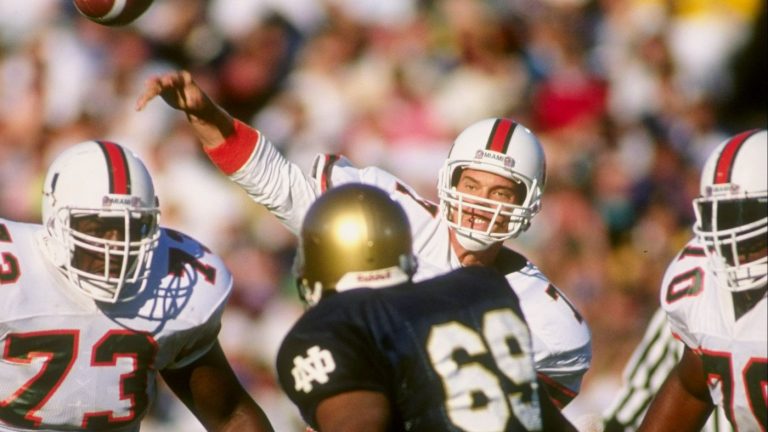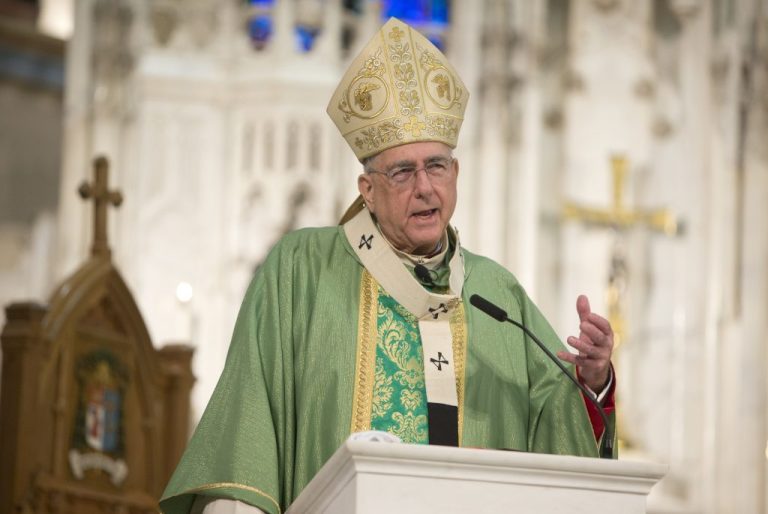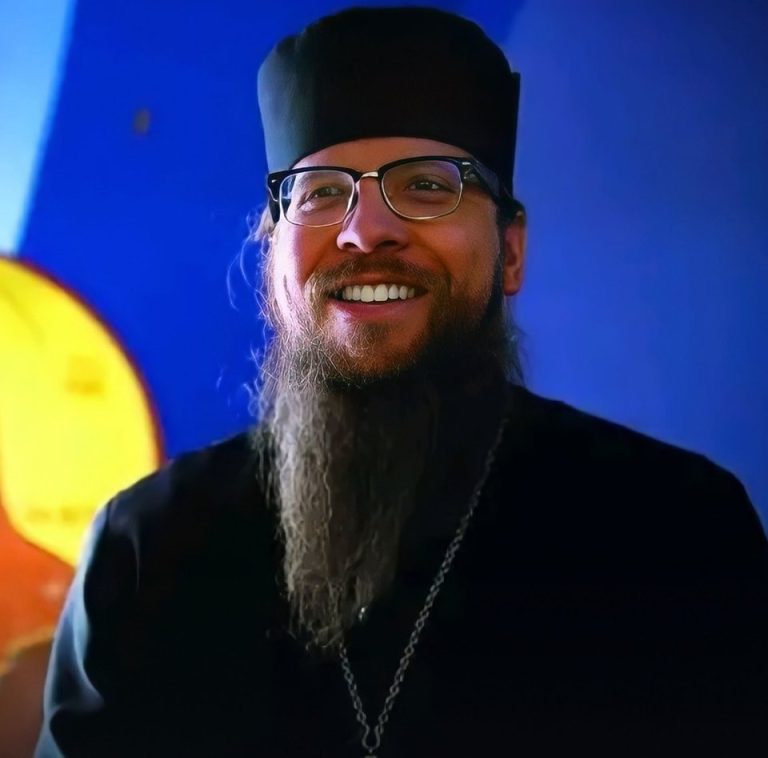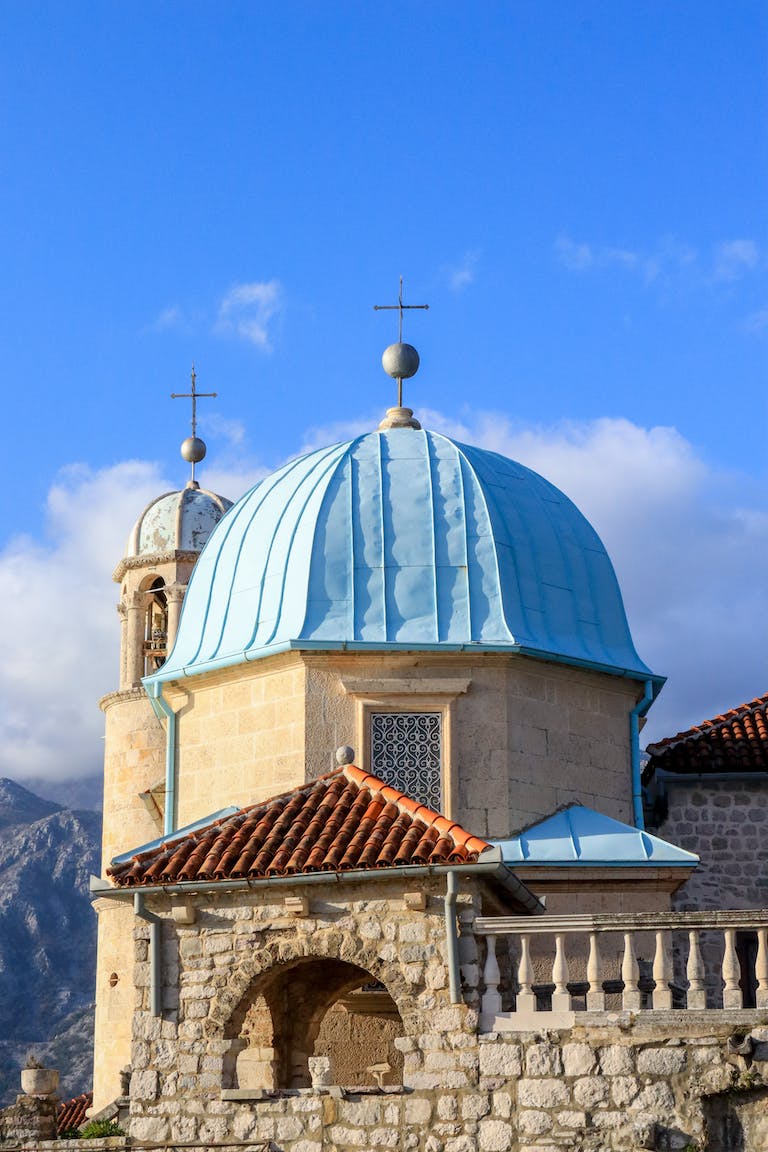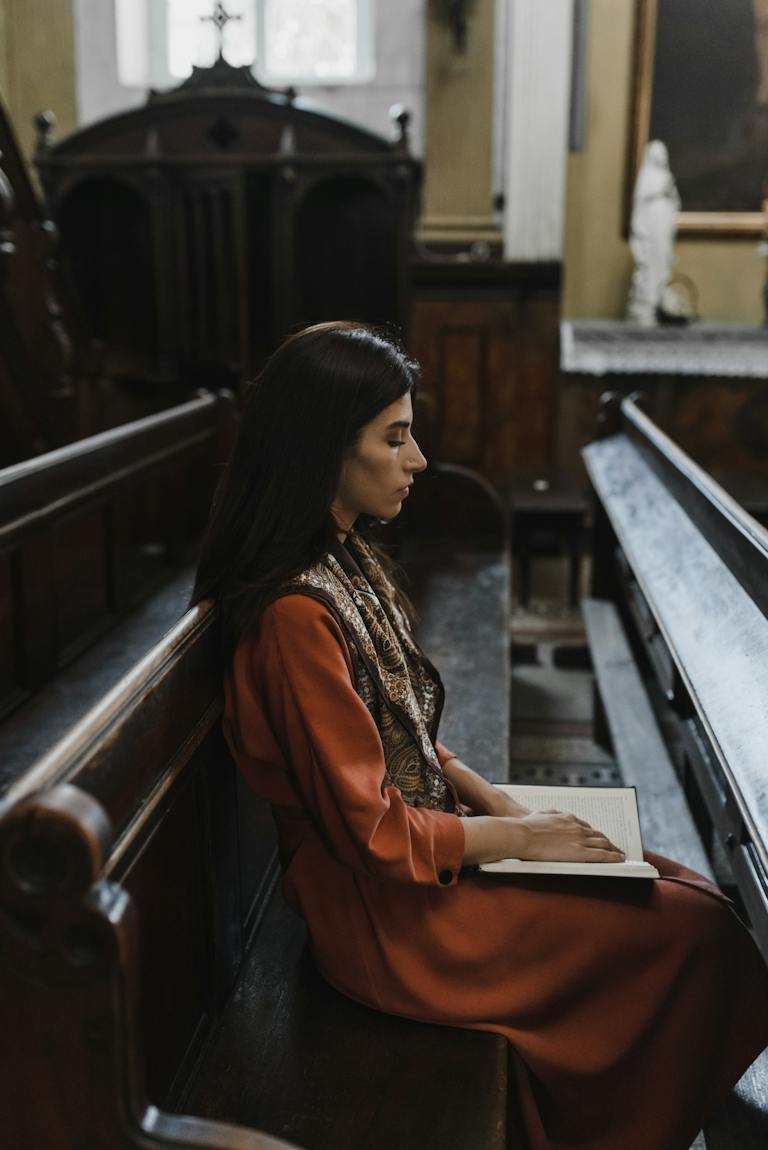Was the Catholic Church the first church?
The Catholic Church asserts that it is the original and first Christian church that Jesus Christ himself founded. However, determining which church was truly the “first” involves carefully examining history and theology.
Tracing the Catholic Church’s Lineage
According to the Catholic Church, it is the continuation of the early Christian community that Jesus founded and the Apostles upheld. The Church sees the ministry of St. Peter and the other apostles as the foundations of the Church, with Peter given primacy.
Apostolic Succession
Catholics believe in an unbroken line of apostolic succession, where new bishops inherit spiritual authority originally bestowed upon the apostles by Jesus. This spiritual lineage ties today’s Catholic hierarchy, especially the Pope, back to St. Peter himself. Hence, they claim direct descent from the earliest days of Christianity.
Early Church Fathers
The Catholic Church upholds that early Church Fathers such as Clement of Rome, Ignatius of Antioch, and Augustine of Hippo were Catholic thinkers who contributed to the theological and organizational structure of the early Catholic Church. They see the early post-apostolic Church as recognizably Catholic.

Challenges to the Catholic Claim of Primacy
However, several factors complicate the Catholic claim to being the first and original Church of Christ on earth. Tracing the exact lineage is difficult, and early Christianity had great diversity.
Other Apostolic Churches
Many other churches, like the Eastern Orthodox and Oriental Orthodox Churches, also claim apostolic succession back to the early church. They broke from the Catholic Church later on, so which faction has the strongest claim is disputed.
Pre-Denominational Diversity
Before major splits and denominations, there was great theological and organizational diversity among early Christians. Some practices of the early Church more closely resemble present-day Protestantism than modern Catholicism.
Scripture vs. Tradition
Furthermore, while Catholics heavily emphasize Church tradition, many scholars believe the early Church used Scripture alone as the source for doctrine and practice rather than developing elaborate extra-biblical traditions. This again resembles the Protestant principle of sola scriptura.
Preserving Truth vs. Incremental Development
Ultimately, the debate centers around two perspectives:
The Catholic Perspective
The Catholic Church considers its existence to be a continuous journey that the Holy Spirit has led from Pentecost to the present. Doctrine, theology, organization, and practice develop incrementally over time but are built on the foundation of Jesus Christ and the Apostles.
The Protestant Perspective
In contrast, Protestants generally believe the early Apostolic Church possessed doctrinal purity and proper church order. Over subsequent centuries, extra-biblical traditions and false teachings accumulated, necessitating reform and restoration of the Church practice and teaching to conformity with Scripture alone.
Conclusion: An Ongoing Dialogue
There are good-faith arguments on both sides over whether the modern Catholic Church faithfully reflects the early apostolic church in terms of teaching and practice. Much hangs on whether one views church history as incremental development under the guidance of the Spirit vs. a corruption of original apostolic faith requiring eventual renewal and reform. This remains an area of sincere disagreement and ongoing dialogue between Catholic and Protestant Christians.
In the end, determining which modern church body best represents the “original” and “true” Church is complex. All denominations can likely find aspects where they have strayed or remained faithful to the Church’s earliest roots. While important to discuss, the exact lineage matters less than faithful adherence to the teachings passed down through the centuries from those first witnesses to the Gospel of Christ.


